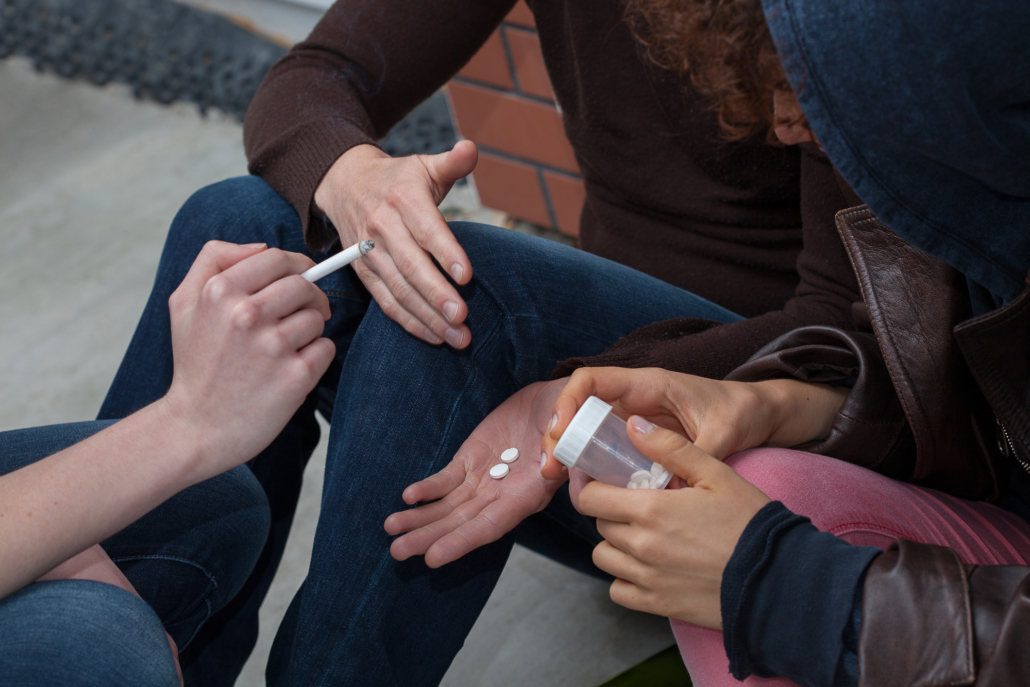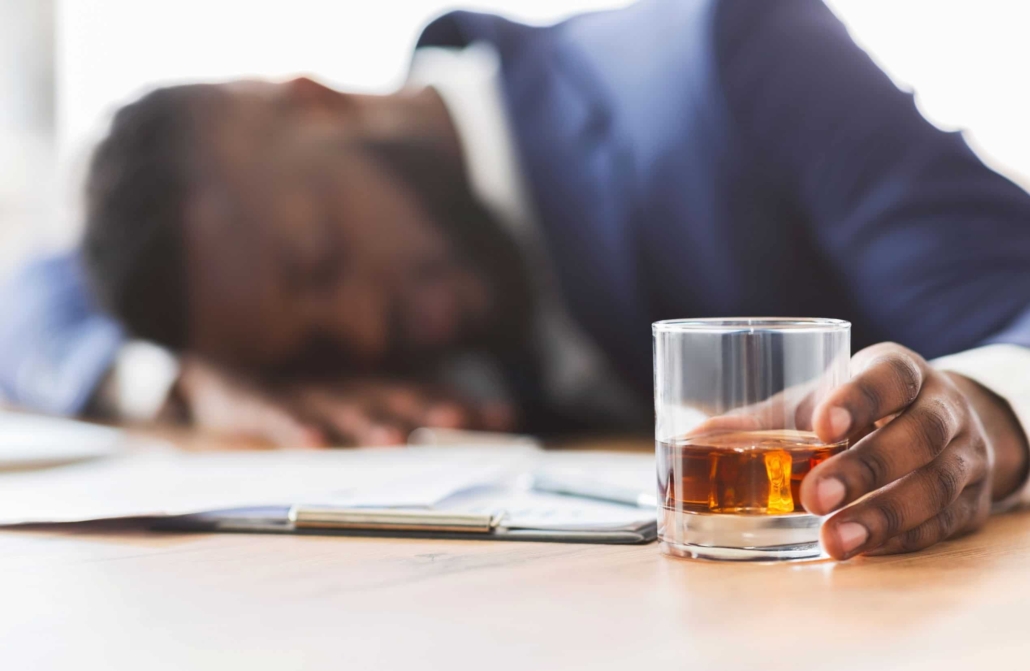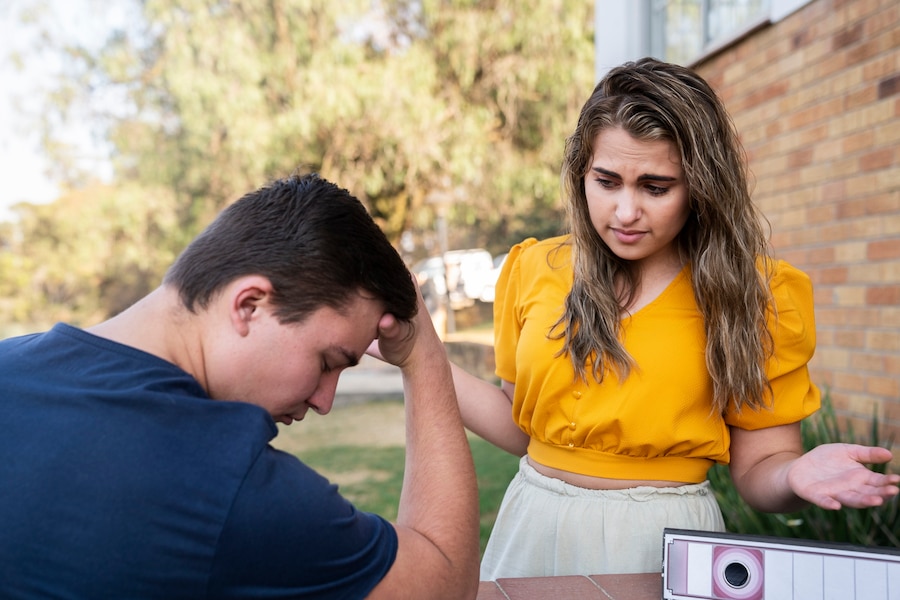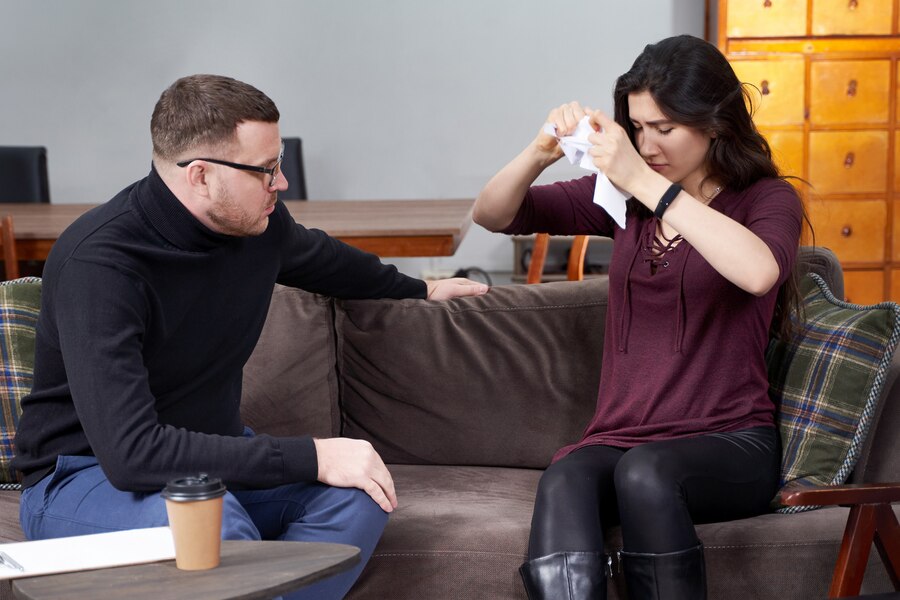Substance abuse remains a significant public health concern in Ohio, affecting individuals, families, and communities across the state. To combat this growing crisis, Ohio has implemented a range of policy initiatives aimed at prevention, treatment, and recovery support. Couples Rehab, located in Ohio, is at the forefront of addressing the needs of individuals and couples struggling with substance abuse, offering comprehensive treatment options tailored to meet diverse needs.
This article will explore recent policies and initiatives designed to address substance abuse in Ohio, highlighting how Couples Rehab can help individuals and couples overcome addiction. From prevention programs to treatment access and legislative efforts, these policies aim to curb the devastating effects of substance abuse and promote healthier communities.
The Scope of Substance Abuse in Ohio
Ohio has been particularly impacted by the opioid epidemic, but substance abuse extends beyond opioids. Alcohol, methamphetamine, and prescription drug abuse have also seen alarming rates in recent years. In response to these challenges, the state has adopted various measures to reduce substance abuse, prevent overdose deaths, and provide access to treatment.
At Couples Rehab, we understand the complexity of substance abuse and the strain it places on relationships. Our Ohio-based facility is equipped to offer compassionate care that supports both the individual and the couple as a unit, promoting healing and recovery.
1. Ohio’s Legislative Response to Substance Abuse
Ohio has taken several legislative steps to combat substance abuse, particularly the opioid crisis. One of the key initiatives is the Governor’s RecoveryOhio Advisory Council, which plays an integral role in shaping the state’s approach to addiction and mental health issues.
RecoveryOhio Initiative
Launched by Governor Mike DeWine, the RecoveryOhio Initiative aims to coordinate a comprehensive response to substance abuse. The initiative focuses on expanding access to treatment, supporting recovery, and preventing addiction through better integration of state services and resources.
The RecoveryOhio Advisory Council includes representatives from various sectors, including healthcare, law enforcement, and education, to develop recommendations on improving treatment services. For couples facing substance abuse, the initiative also emphasizes the importance of family and support systems in recovery.
At Couples Rehab, we support the principles of RecoveryOhio by offering personalized treatment plans that integrate family therapy, group sessions, and holistic approaches to recovery, ensuring that couples receive the support they need throughout their journey.
2. Expanding Access to Addiction Treatment
One of the major hurdles in battling substance abuse is ensuring that individuals have access to quality treatment services. Ohio has made strides in expanding treatment options through initiatives such as Medicaid expansion and increasing funding for addiction treatment programs.
Medicaid Expansion and Access to Care
Through the expansion of Medicaid, Ohio has increased access to addiction treatment services for thousands of residents. Medicaid now covers a wide range of services, including inpatient and outpatient treatment, medication-assisted treatment (MAT), and mental health counseling.
At Couples Rehab, we recognize that financial barriers can often deter couples from seeking help. That’s why we work closely with our clients to explore various payment options, including those covered by Medicaid, to ensure everyone has access to the care they need.
21st Century Cures Act
Ohio has also utilized federal grants, such as those provided by the 21st Century Cures Act, to improve access to addiction treatment. This funding has helped expand treatment programs and increase the availability of resources such as naloxone, a life-saving medication used to reverse opioid overdoses.
For couples battling substance abuse, the importance of timely access to treatment cannot be overstated. At Couples Rehab, our Ohio facility offers immediate access to a variety of treatment options, including detoxification, therapy, and recovery programs, ensuring that help is always within reach.
3. Harm Reduction Strategies
Harm reduction is a public health strategy aimed at minimizing the negative consequences associated with substance abuse. Ohio has implemented several harm reduction policies, including the distribution of naloxone, syringe exchange programs, and public education campaigns.
Naloxone Distribution
Ohio has made significant efforts to expand the availability of naloxone. First responders, community organizations, and even individuals are now able to access naloxone to prevent opioid overdoses.
Couples Rehab is committed to supporting harm reduction efforts by offering education on overdose prevention and providing couples with the tools and knowledge needed to stay safe while working towards recovery.
Syringe Exchange Programs
Syringe exchange programs have also been implemented in various parts of Ohio to reduce the spread of infectious diseases among intravenous drug users. These programs offer clean syringes, safe disposal options, and access to addiction treatment services.
While syringe exchange programs are a vital harm reduction tool, the ultimate goal is to help individuals transition from harm reduction to full recovery. At Couples Rehab, our treatment programs focus on long-term recovery and provide the guidance needed for couples to move beyond substance abuse and toward a healthier future.
4. Prevention Programs Targeting Substance Abuse
Prevention is a key component of Ohio’s approach to combating substance abuse. By targeting the root causes of addiction and implementing educational programs, the state aims to reduce the number of individuals who develop substance use disorders.
School-Based Prevention Programs
Ohio has invested in school-based prevention programs designed to educate young people about the dangers of substance abuse. These programs focus on teaching students coping skills, stress management, and decision-making strategies that can prevent substance use.
For couples with children, navigating substance abuse while maintaining a stable family environment can be challenging. At Couples Rehab, we offer family therapy sessions that help parents create a supportive and drug-free home environment, ensuring that their children are protected from the cycle of addiction.
Public Awareness Campaigns
Ohio has also launched various public awareness campaigns aimed at preventing substance abuse. These campaigns focus on educating the public about the dangers of opioids, alcohol, and other substances, as well as promoting the availability of treatment services.
At Couples Rehab, we encourage our clients to engage with these prevention efforts and to become advocates for recovery within their communities. By raising awareness and sharing their stories, couples can contribute to reducing the stigma associated with addiction and encourage others to seek help.

5. Supporting Recovery: Peer Support and Community Involvement
Recovery is a lifelong process, and Ohio has made significant efforts to support individuals and couples throughout their recovery journeys. Peer support services, recovery housing, and community-based programs are all vital components of Ohio’s recovery ecosystem.
Peer Support Services
Peer support services have gained popularity in Ohio as an effective way to help individuals maintain their recovery. Certified peer supporters, who have lived experience with substance abuse, offer guidance, encouragement, and support to those in recovery.
At Couples Rehab, we integrate peer support into our treatment programs, giving couples access to individuals who understand the challenges they face. Our peer support services help couples stay motivated and connected to a network of support as they navigate the recovery process.
Recovery Housing
Recovery housing provides individuals with a safe, substance-free environment as they transition from treatment to independent living. Ohio has expanded access to recovery housing, particularly for individuals who have completed inpatient treatment.
For couples, recovery housing can be a critical step in rebuilding their lives after addiction. Couples Rehab offers a continuum of care that includes access to recovery housing and other support services, ensuring that couples have the stability they need to achieve lasting recovery.
6. The Role of Couples Rehab in Ohio’s Substance Abuse Landscape
As Ohio continues to implement policies and initiatives to address substance abuse, Couples Rehab plays a vital role in offering specialized care for couples struggling with addiction. Our comprehensive services include:
- Individualized Treatment Plans: Every couple receives a personalized treatment plan tailored to their unique needs, ensuring that both partners are fully supported throughout their recovery.
- Family and Couples Therapy: Addressing the relationship dynamics that contribute to addiction is essential for long-term recovery. Our therapy sessions focus on improving communication, rebuilding trust, and strengthening relationships.
- Detox and Residential Treatment: We offer detoxification services to help couples safely withdraw from substances, followed by residential treatment programs that provide 24/7 support.
- Aftercare and Relapse Prevention: Recovery doesn’t end after treatment. Couples Rehab offers aftercare services, including relapse prevention planning and ongoing support, to ensure that couples stay on track with their recovery goals.
By aligning with Ohio’s broader policy efforts, Couples Rehab is committed to helping individuals and couples achieve lasting sobriety and rebuild their lives.
FAQ
What are the main substance abuse issues in Ohio?
Substance abuse in Ohio includes opioids, alcohol, methamphetamine, and prescription drug abuse, with the opioid crisis being particularly severe.
What is the RecoveryOhio Initiative?
The RecoveryOhio Initiative is a state-led program aimed at coordinating resources to improve addiction treatment, prevention, and recovery services in Ohio.
How does Medicaid expansion help with addiction treatment in Ohio?
Medicaid expansion in Ohio provides increased access to addiction treatment services, including inpatient, outpatient, and mental health services, making it easier for people to receive the care they need.
What is harm reduction, and how is Ohio implementing it?
Harm reduction includes strategies like naloxone distribution and syringe exchange programs to reduce the risks associated with drug use. Ohio has expanded these programs to prevent overdoses and the spread of diseases.
How does Couples Rehab support recovery for couples in Ohio?
Couples Rehab offers personalized treatment plans, couples therapy, detox programs, and aftercare services to help couples recover from addiction and rebuild their relationships.
What are peer support services, and how do they help in recovery?
Peer support services involve individuals with lived experience in addiction providing guidance and support to those in recovery. These services are an important part of Ohio’s addiction recovery efforts.
What is recovery housing, and how can it benefit couples?
Recovery housing provides a substance-free environment for individuals transitioning from treatment to independent living. Couples Rehab helps couples access these housing options to support their long-term recovery.
What services does Couples Rehab offer for substance abuse treatment?
Couples Rehab provides a range of services, including detoxification, residential treatment, couples therapy, individualized treatment plans, and aftercare to help couples recover from addiction.
Conclusion
Ohio’s response to the substance abuse crisis has been multifaceted, incorporating legislative action, prevention programs, harm reduction strategies, and expanded access to treatment. As the state continues to make progress in addressing the opioid epidemic and other substance abuse issues, facilities like Couples Rehab in Ohio play a crucial role in providing comprehensive care to those in need.
Couples Rehab offers a unique approach to addiction treatment, focusing not only on the individual but also on the couple as a unit. With personalized treatment plans, therapy options, and aftercare services, we are committed to helping couples overcome addiction and build a brighter future together.
If you or a loved one is struggling with substance abuse, contact Couples Rehab in Ohio today to learn more about our services and how we can help you on your journey to recovery.



















